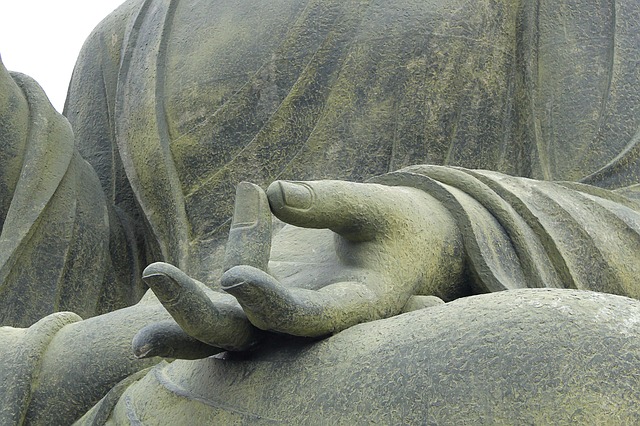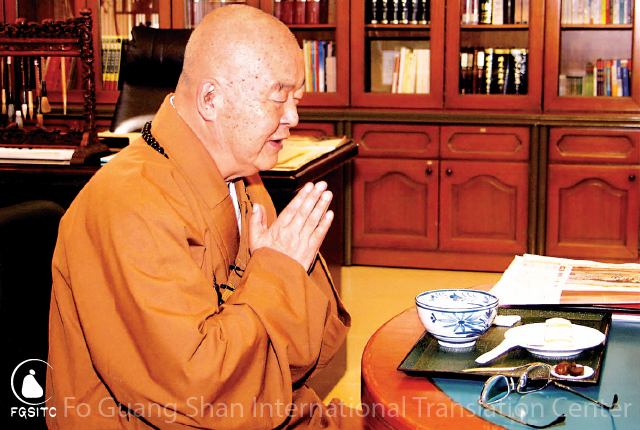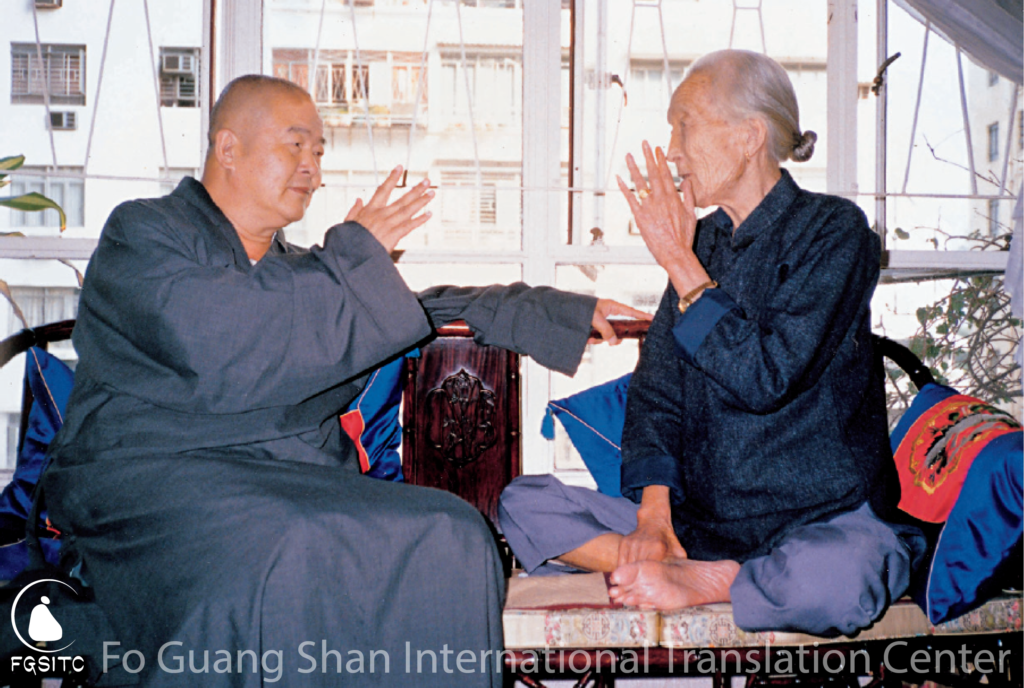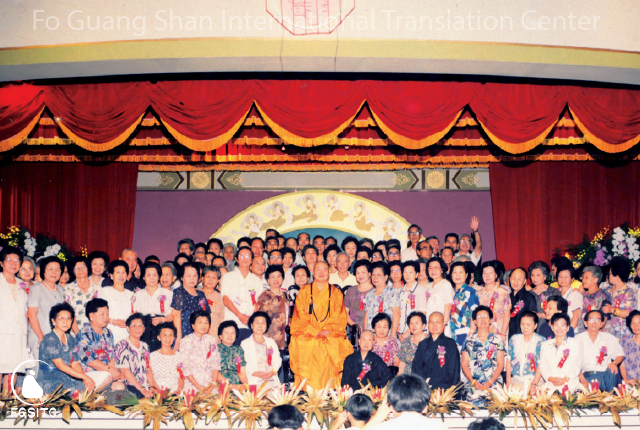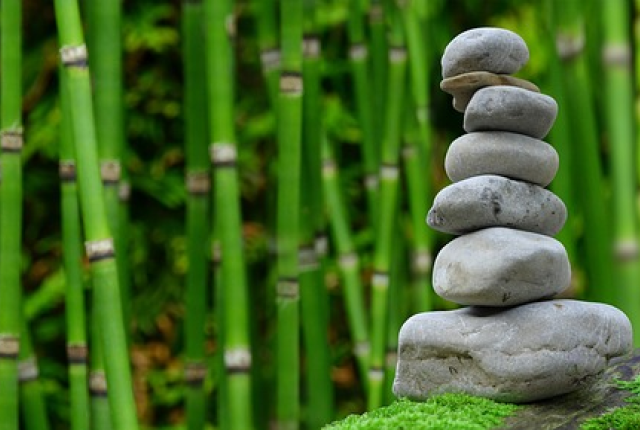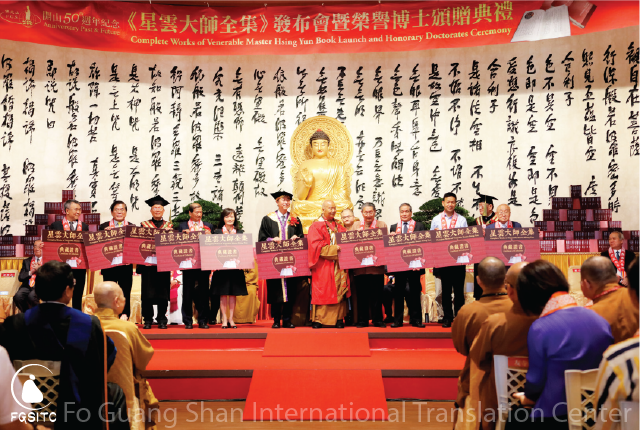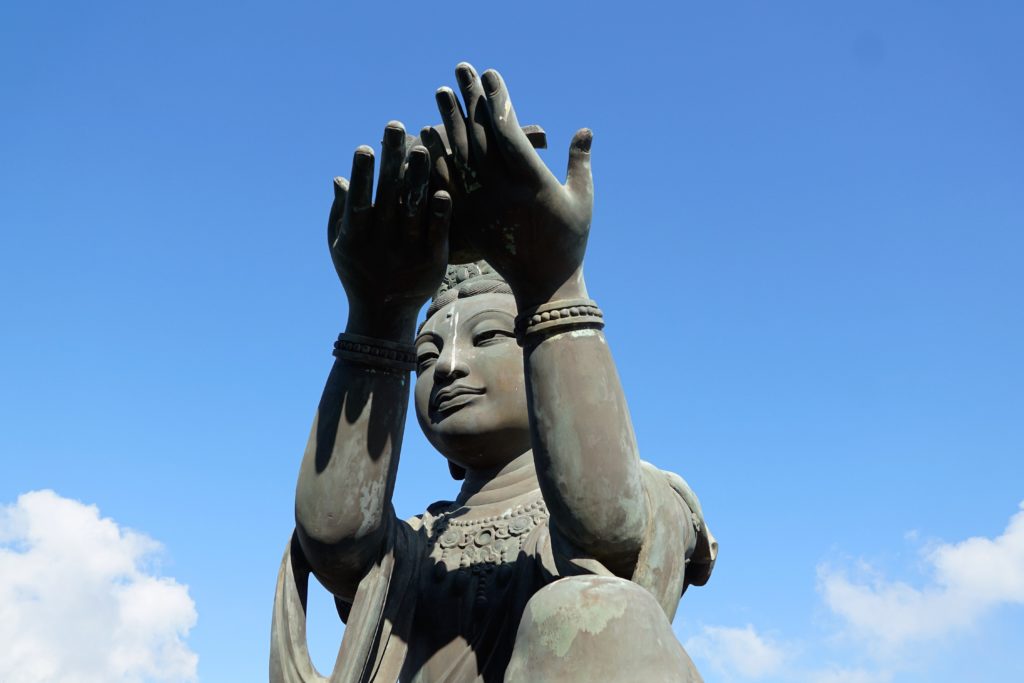
Social harmony stems from handling relationships and communal living with skill, effort, and a spirit of cooperation. We can learn a lot about keeping peace in social living from the six points of reverent harmony that the monastic sangha observes. Sangha is a Sanskrit word, which can be interpreted on many different levels. In its widest interpretation, it refers to all those who have the common purpose of following the Dharma.
The six points of harmony, or unity, in Buddhist monastic life are: doctrinal unity in views, economic unity in communal use of goods, moral unity through upholding the precepts, mental unity through shared joy, verbal unity through loving speech and refrain from criticisms and discord, and physical unity by living harmoniously in the same community.
Harmony in views: In the monastic sangha, monks and nuns share a common view of the Dharma, the guiding principle for all they do. Similarly, a society has a better chance to prosper when its people share common political and social views. If we look at the different nations of the world, we notice that there is a lot more cooperation and common ground in prosperous nations than in those that are less prosperous.
Harmony in economics: In the monastic sangha, all renunciants live an equally simple life and have equal access to the communal property. In the secular world, a society is inherently unstable if there is too much of a disparity between the haves and the have-nots. Also, the less effort invested in creating affinity, the wider the gap is between the rich and the poor. Thus, those who are well off should help those who are less fortunate. Those who are able should help those who are not.
Harmony in morality: In the monastic sangha, all individuals share the same moral code. In society, everyone should be equal in the eyes of the law. No one should be above the law. When the law is equally and justly applied to all, people will have respect for the law and will be more inclined to abide by it
Harmony in outlook: In the monastic sangha, all share the common purpose of spiritual development. In society, when we have concern for others’ well being, we accept others and are not envious of others’ success or critical of others’ shortcomings. We seek to uplift our fellow citizens, instead of oppressing them. Equanimity, support, and affirmation provide the foundation for peaceful living. With harmony in outlook, every place is a pure land.
Harmony in speech: In the monastic sangha, monks and nuns practice loving speech, and refrain from criticisms and discord. This practice fosters harmony in their community. In society, misunderstandings and animosity often arise from unskillful or harsh words. Therefore, being sincere and thoughtful in our speech can often lead to harmonious human relationships.
Harmony in deeds: In the monastic sangha, monks and nuns bodily observe the same rites and rituals. In society, our actions can be used to help each other and foster respect in the world. In this way, we can peacefully coexist in the community.
These six points of harmony are as applicable to lay people as they are to monastics. Much societal discord could be transformed into societal accord if all members of a community took these observances to heart. If every single person could simply uphold “Harmony in speech,” then even in the presence of opposing political, economic, or moral positions, many feuds and brutalities would never come into being.
When we integrate the Buddha’s teachings into daily life, then the true beauty of relationships is revealed to us. We will directly experience the fact that affinity sings, and discord grumbles.
From Living Affinity, written by Venerable Master Hsing Yun.
Image from Pixabay.


